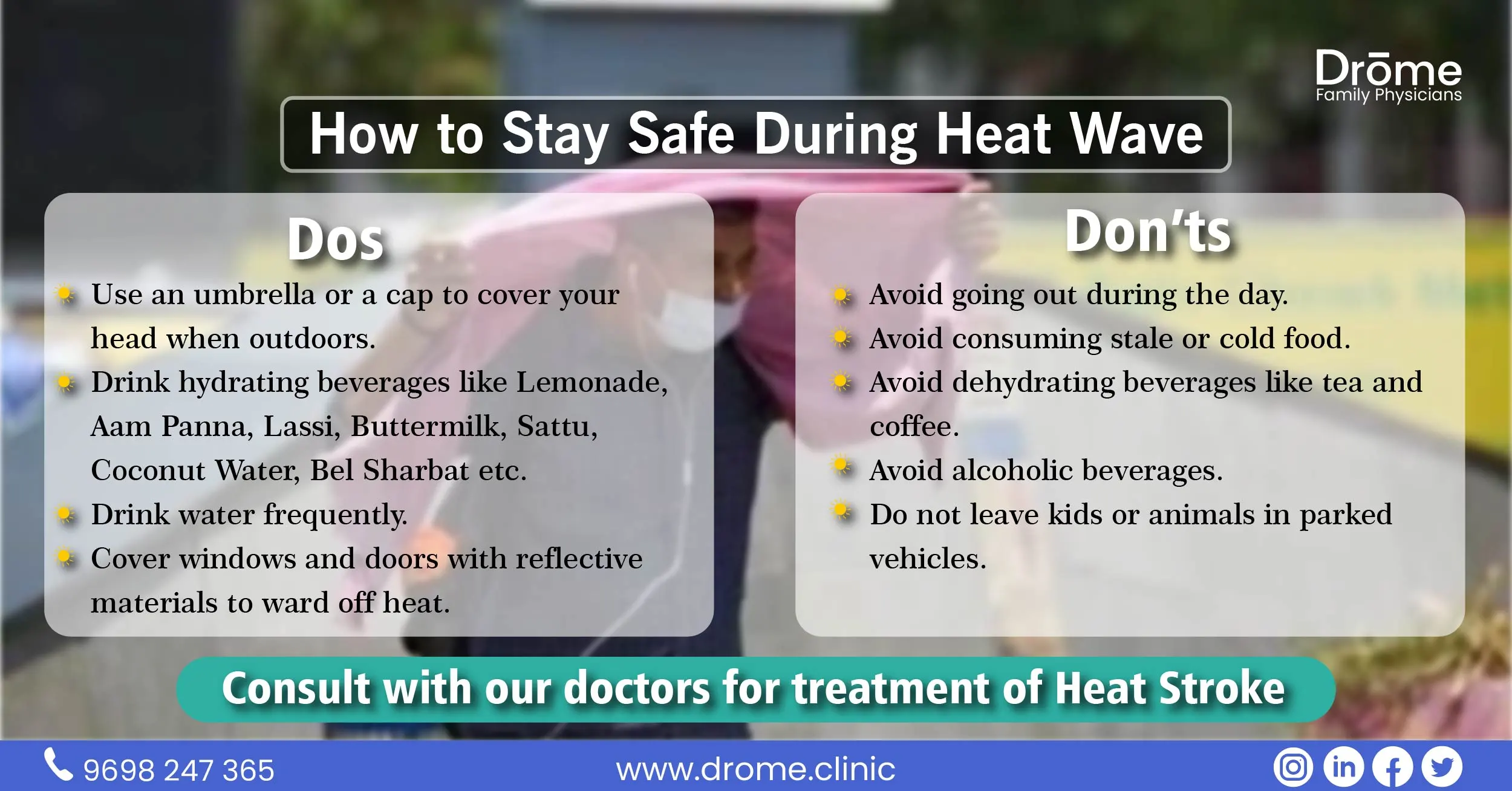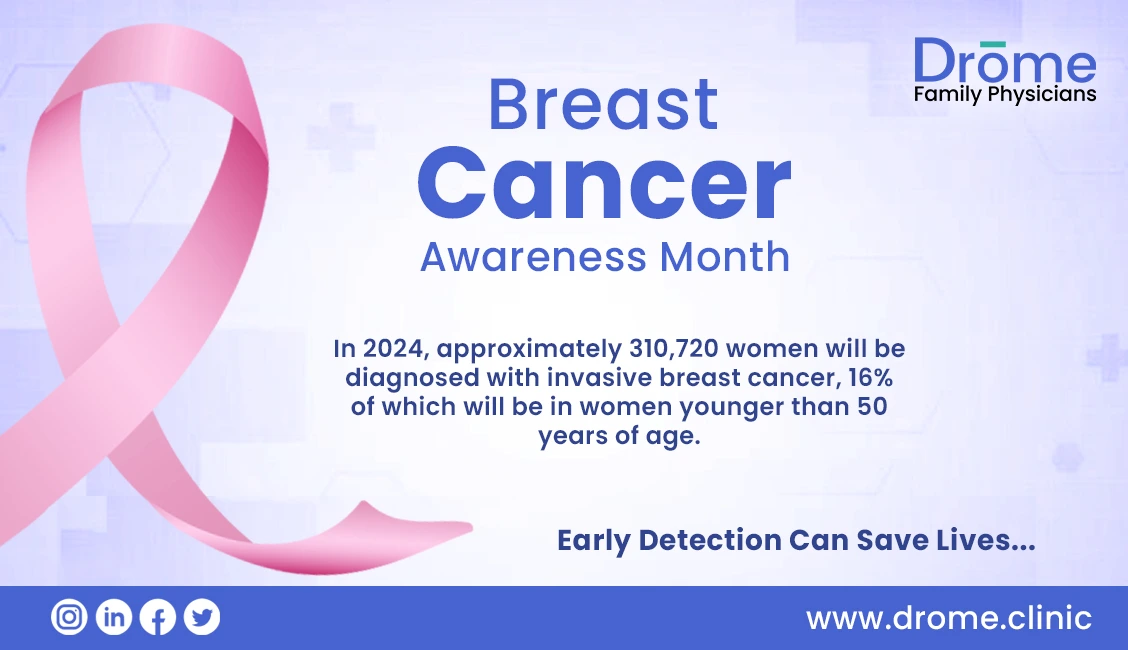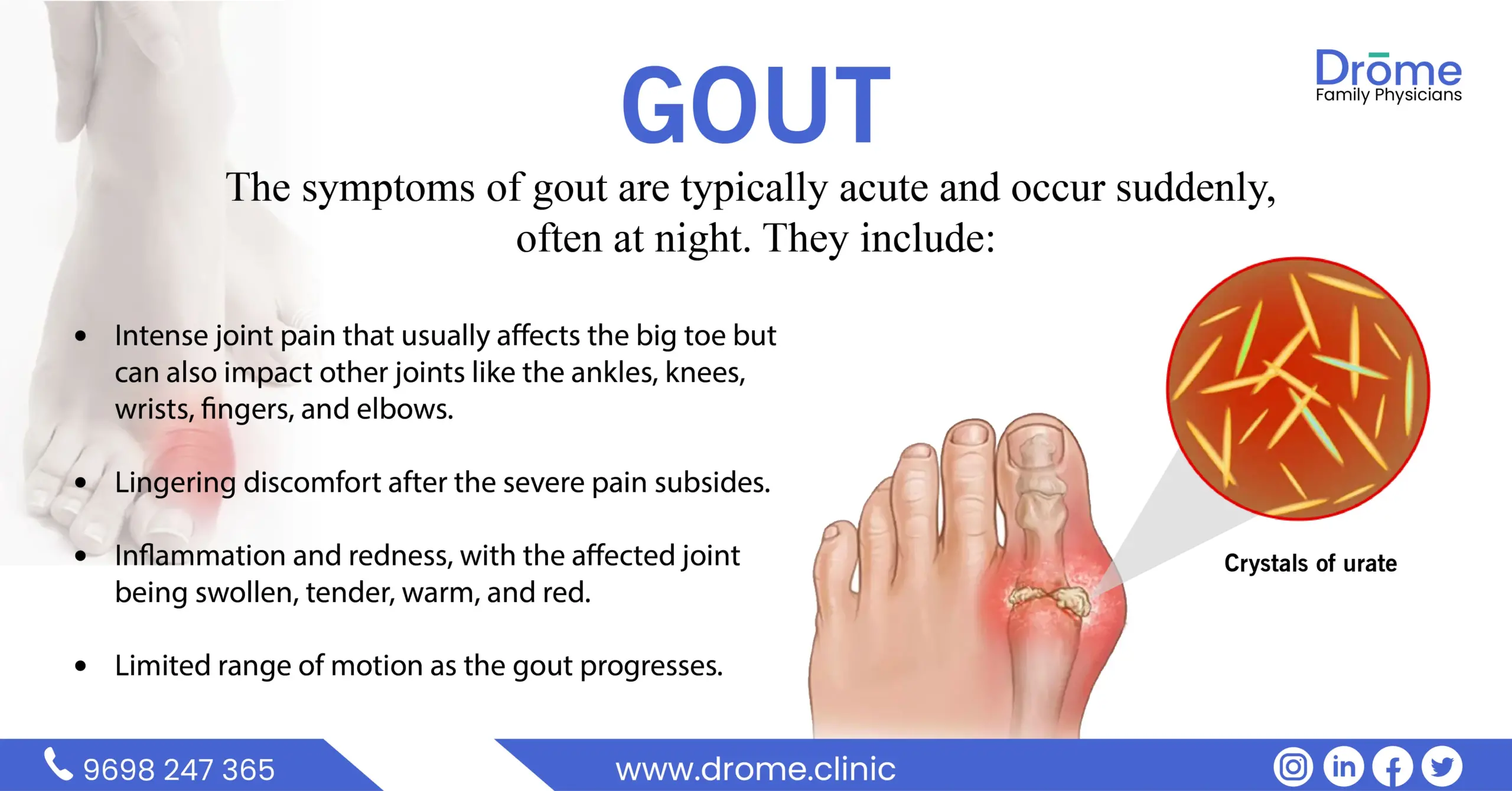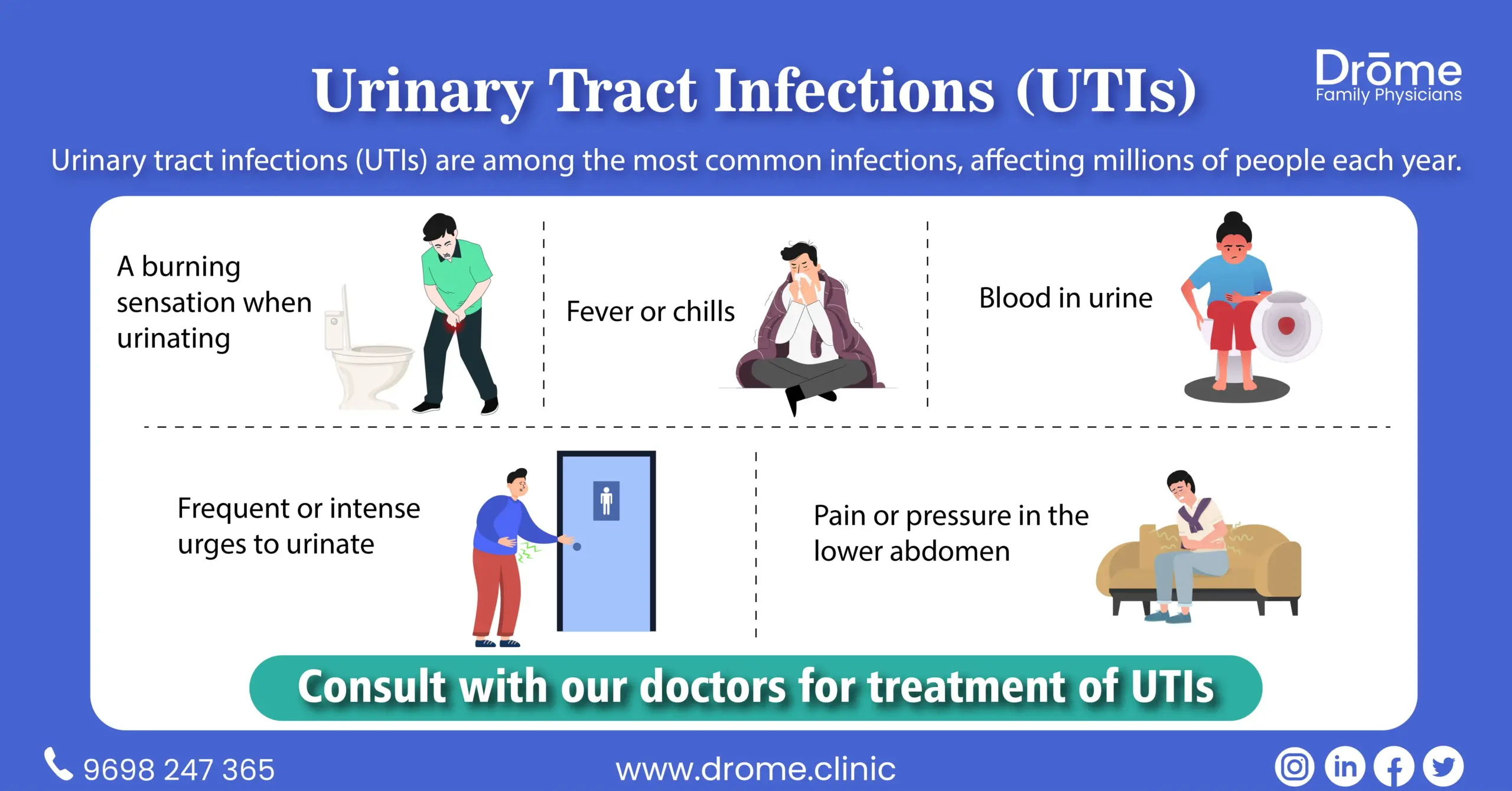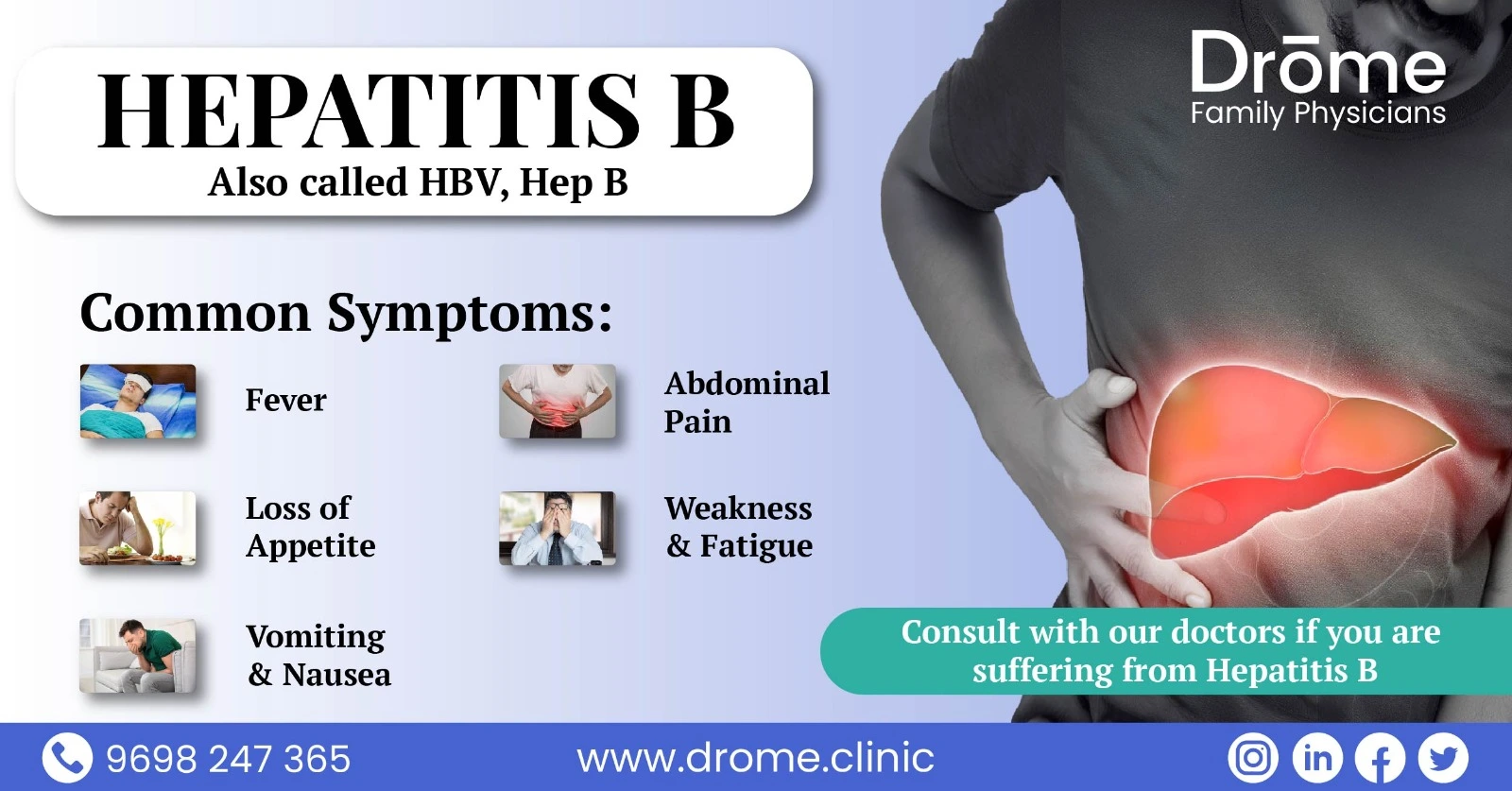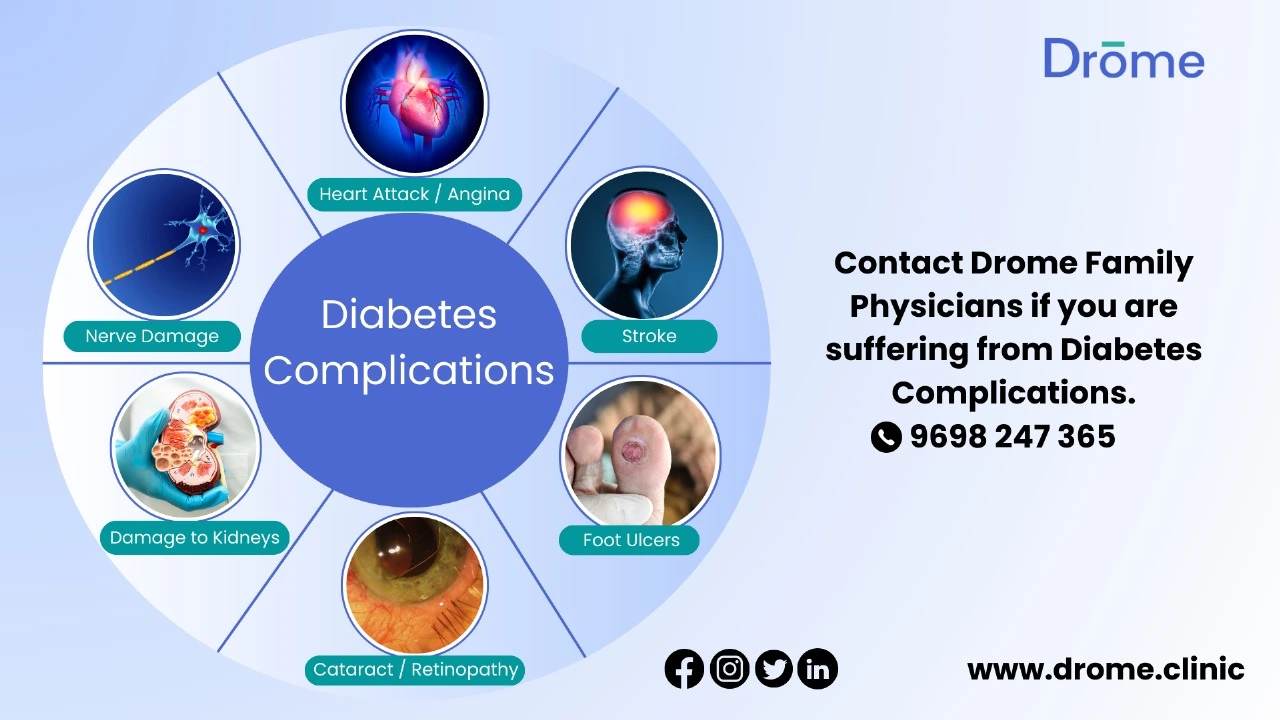Table of Contents
ToggleAs temperatures soar to extreme highs during a heatwave, it is crucial to take proactive steps to protect yourself and your loved ones. Heatwaves can pose serious health risks, including heat exhaustion, heatstroke, and dehydration.
Heat Waves
A heat wave occurs when the temperature rises significantly above the average for a particular region and lasts for an extended period, typically two or more days. High humidity often accompanies the high temperatures, exacerbating the effects on the human body.
Recognizing Heat-Related Illnesses
Knowing the signs of heat-related illnesses can help prevent serious health issues:
- Heat Exhaustion: a condition that happens when the body overheats. Symptoms include:
- heavy sweating
- Weakness
- Cool, moist skin with goose bumps when in the heat
- Weak, rapid pulse
- Nausea or vomiting
- Faintness and dizziness
- Heatstroke: It is a life-threatening condition that happens when the body temperature rises above 104 degrees Fahrenheit (40 degrees Celsius). It’s usually the result of overexertion in hot, humid conditions. This is a severe medical emergency. Symptoms include:
- Anhidrosis (dry skin that doesn’t sweat)
- Balance problems
- Dizziness
- Delirium(confusion or disorientation)
- Hot, flushed skin or very pale skin
- Low or high blood pressure
- Nausea and vomiting.
- Rapid breathing or tachycardia (fast heart rate)
- Syncope (fainting) or loss of consciousness
- Weakness
Potential complications of heatstroke?
People with heatstroke can develop shock or slip into a coma. High body temperature can lead to:
- Acute respiratory distress syndrome (ARDS)
- Brain swelling
- Kidney failure
- Liver failure
- Reduced blood flow to the heart and other circulatory problems
- Nerve damage
Treating Heatstroke:
It requires immediate medical treatment. While waiting for ambulance, a heatstroke patient should be cooled as much as possible by:
- Applying ice packs to the neck, groin and armpits
- Encouraging the person to drink slightly salted fluids, such as sports drinks or salted water
- Immersing him in cool water, if possible.
- Make him lay down in a cool, shady, well-ventilated environment
- Removing any clothing that is tight or heavy
- Monitoring breathing carefully and removing any airway blockages.
Key Precautions During a Heat Wave
- Stay Hydrated: Drink plenty of fluids to keep hydrated. Avoid alcohol and caffeine as they can lead to dehydration.
- Stay Indoors: If it is not necessary, avoid going out of home during a heatwave.
- Wear Appropriate Clothing: Light-colored, loose-fitting clothing helps keep your body cool. Hats and sunglasses will protect you from direct sun exposure.
- Avoid Strenuous Activities: Limit outdoor activity, especially midday when the sun is hottest. If you must be outdoors, take frequent breaks in the shade and rest often.
- Use Sunscreen: Apply sunscreen with a high SPF to all exposed skin, and reapply it every two hours, or more often if you are sweating or swimming.
- Stay Informed: Keep up to date with the latest weather reports and heed any warnings issued by health officials.
Conclusion
During a heatwave, it’s essential to take the necessary precautions to protect yourself and others. By staying hydrated, keeping cool, and limiting exposure to the sun, you can reduce the risk of heat-related illnesses.

